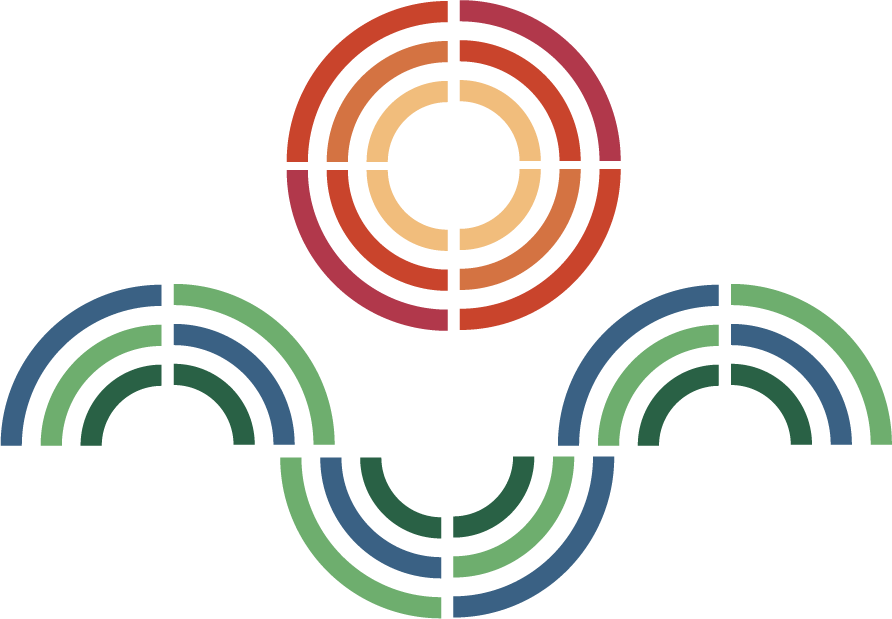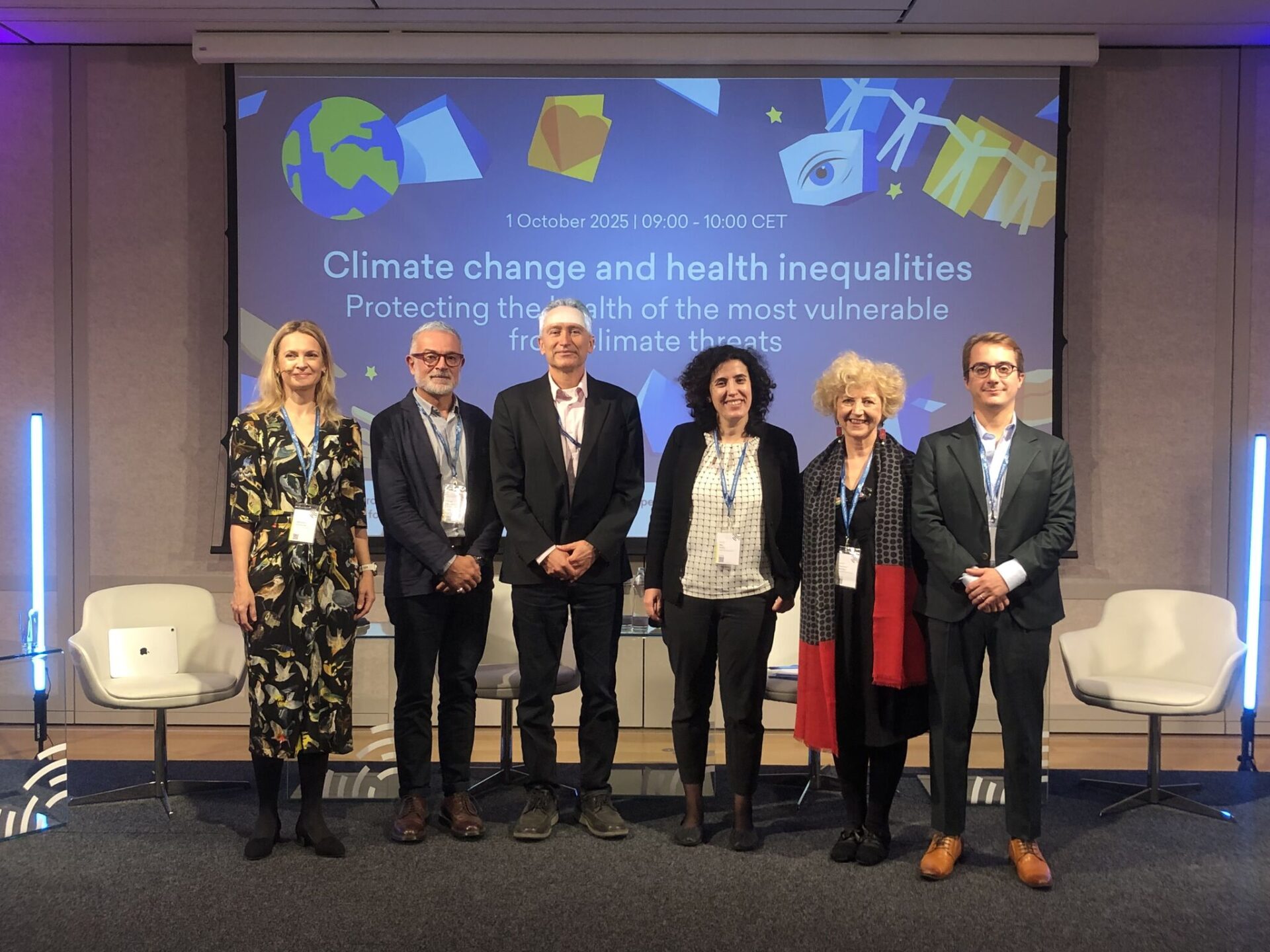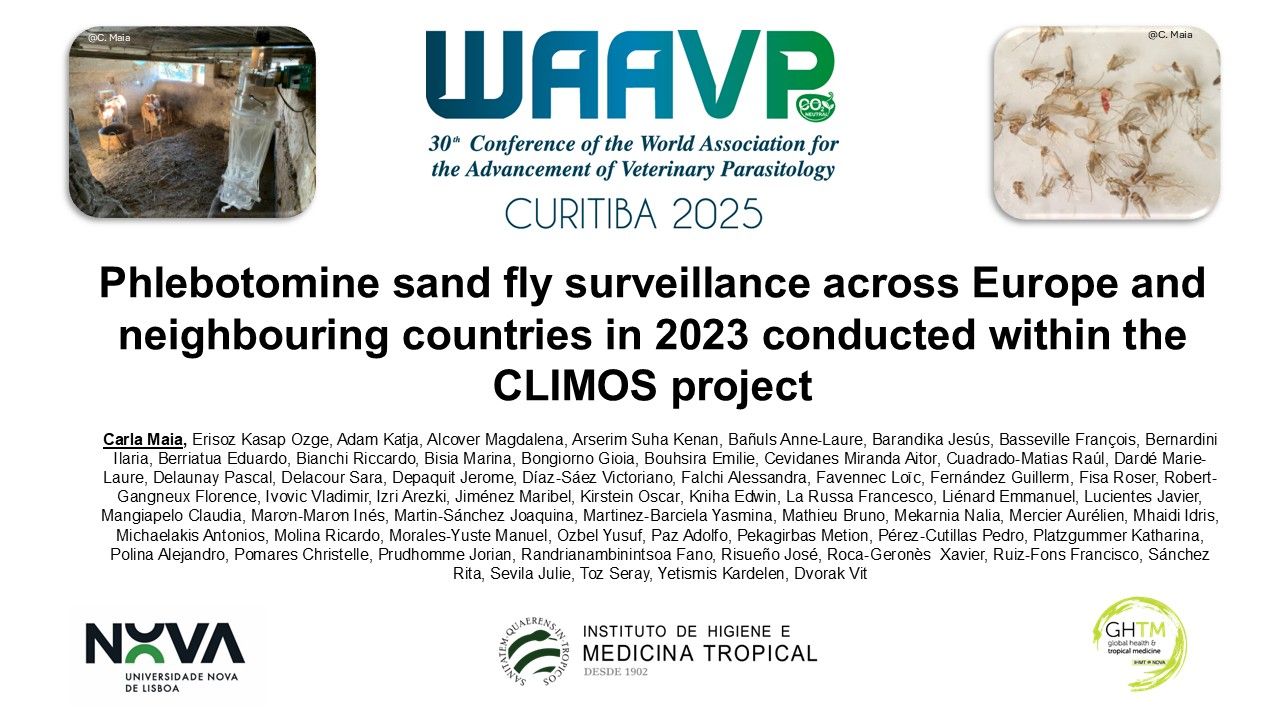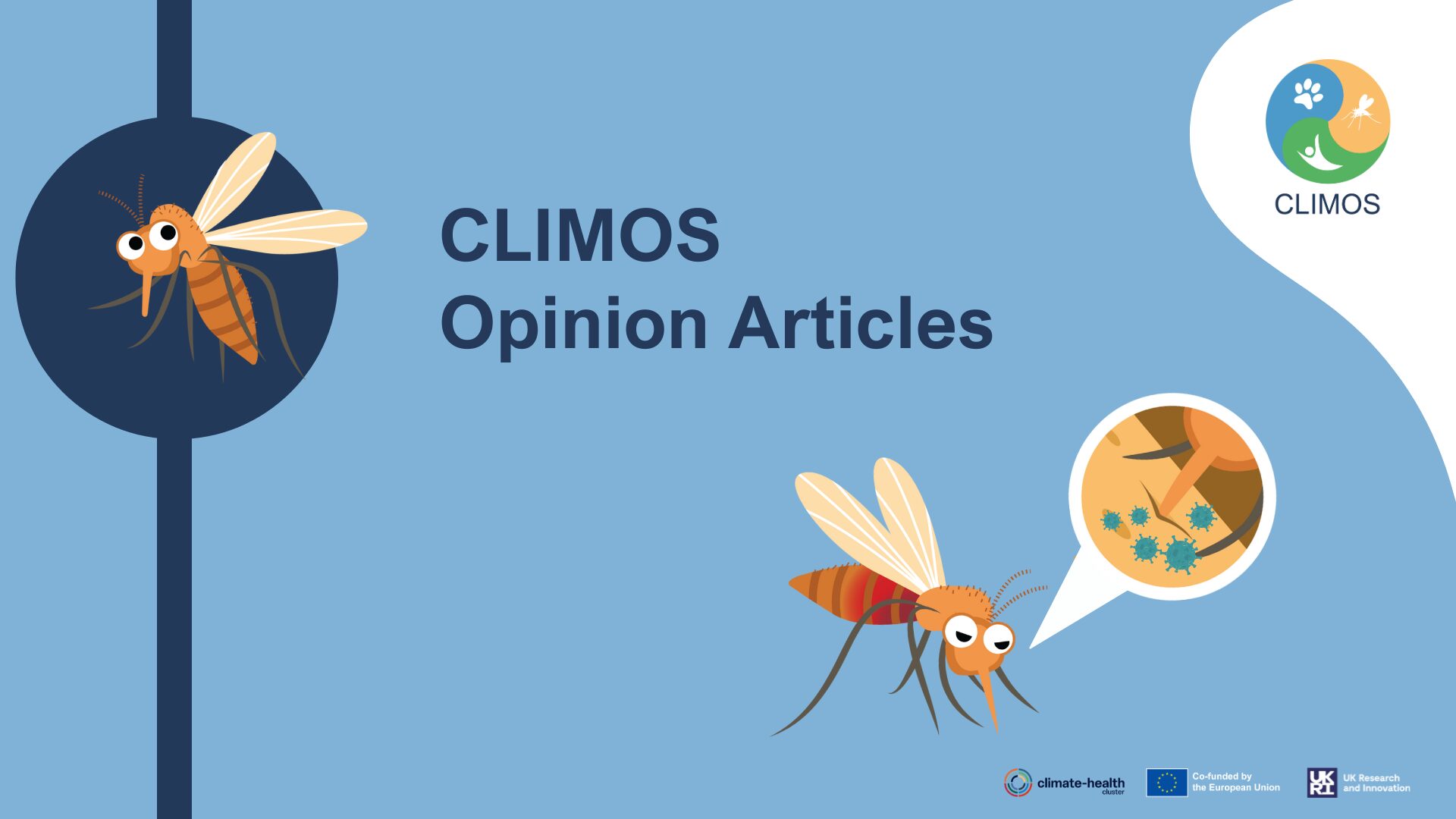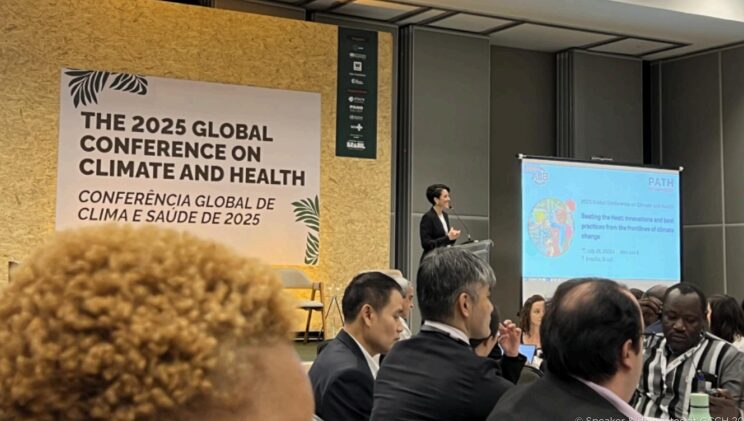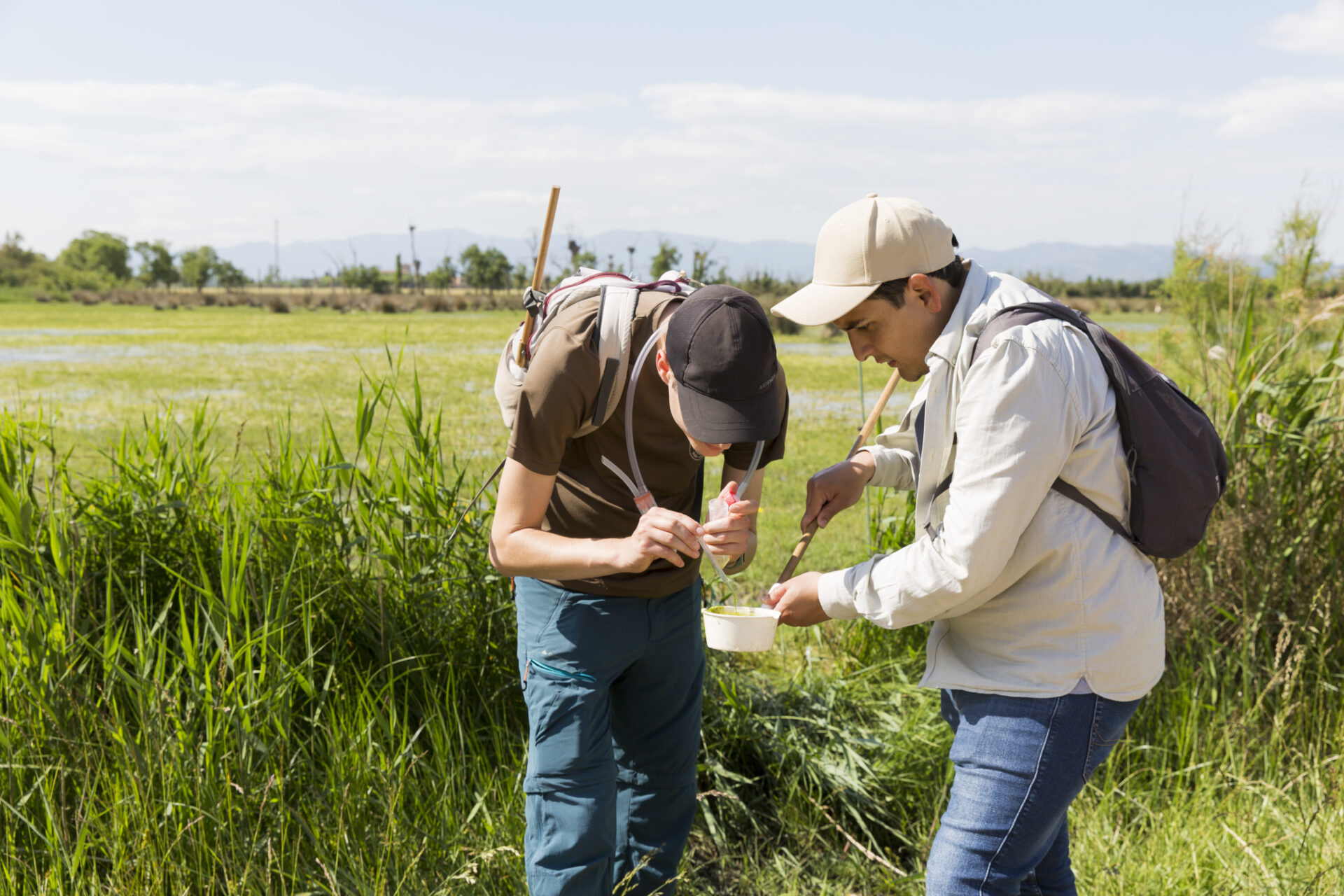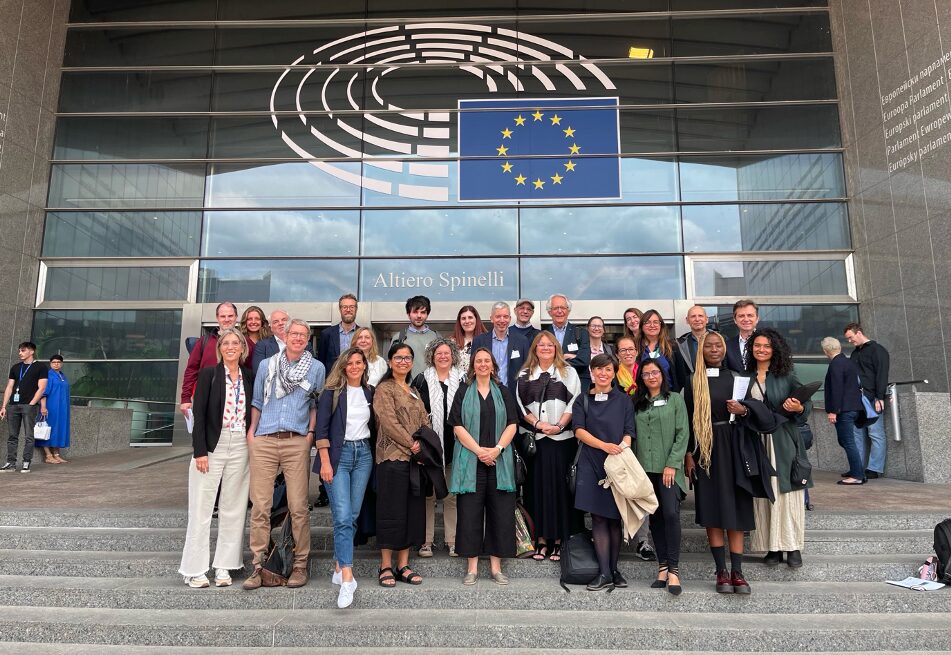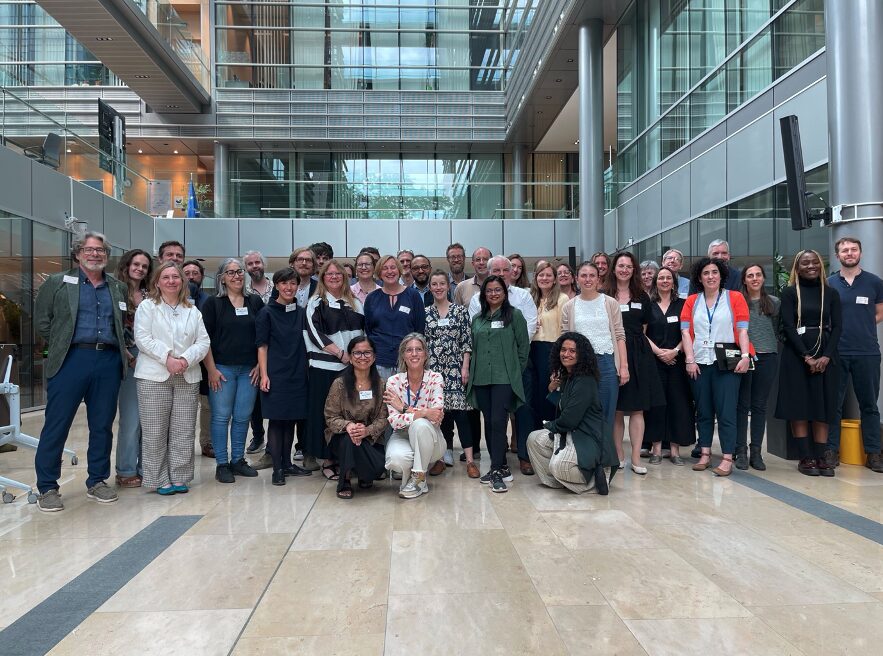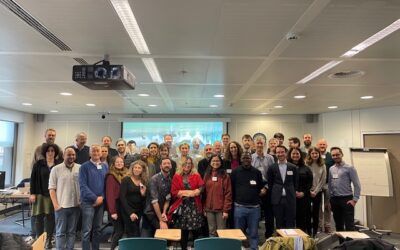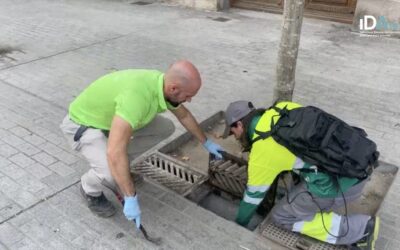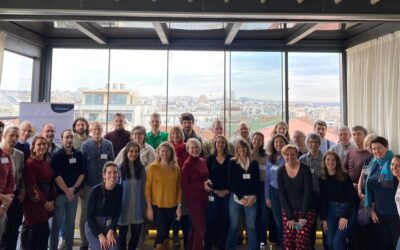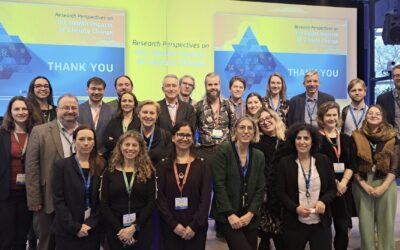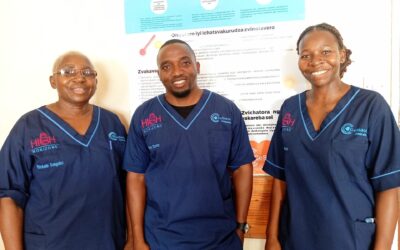Navigating the Frontiers of Indoor Environmental Quality and Health
In September of last year, the 35th annual conference of the International Society for Environmental Epidemiology (ISEE 2023) convened in the vibrant city of Kaohsiung, Taiwan. This global gathering brought together researchers, scholars, and practitioners from around the world to delve into the latest advancements in environmental exposure science and epidemiology.
Advancing Collaboration: Insights from the Inaugural Climate and Health Cluster Workshop on Numerical Tools and Early Warning Systems
On February 21st, the European Climate and Health Cluster hosted its first thematic workshop on Numerical Tools for Climate, Meteorological, and Impact Modeling and Early Warning Systems (EWS) in Brussels. Organised by the cluster’s Working Group 4 on Early warning...
How can we prevent the threat of mosquito-borne diseases in our cities?
In today’s swiftly changing global landscape, adaptability is crucial for a strong public health system. Being able to quickly adjust strategies, improve interventions, and allocate resources to address emerging health threats is essential. Evidence-based...
Forests as a nature-based solution for improved human health in a changing climate
Ecosystem services are integrated in the relatively recent concept of nature-based solutions (NbS), a concept that is now incorporated in key intergovernmental agreements across Europe. The International Union for Conservation of Nature defines NbS as “actions to protect, sustainably manage, and restore natural and modified ecosystems that address societal challenges effectively and adaptively, simultaneously benefiting people and nature”.
Pedalling Towards a Greener Future: The Impact of Cycling and Active Transport on Climate Change and Public Health
As the urgency of addressing climate change intensifies, the ongoing shift towards a sustainable future has brought various sectors, including transportation, into the spotlight. Yet, this subject remains delicately sensitive, as it directly influences the daily choices of countless citizens. In many bustling metropolises, passionate debates have arisen about the equitable distribution of public space among different road users.
The Blue Adapt project launches the Local Climate Adaptation Tool
Featuring as one of BlueAdapt’s case studies, the innovative tool supports local decision makers in understanding: The Local Climate Adaptation Tool (LCAT) has now launched
Climate Variability Drives Changes in Sand Fly Distribution, Amplifying Leishmaniasis Risks
Typically active during twilight hours, female sand flies primarily feed on mammalian blood, facilitating the transmission of viruses and parasites. These pathogens cause diseases such as summer meningitis and leishmaniasis, affecting humans and animals. Leishmaniasis, in particular, is classified as a neglected tropical disease by the World Health Organization, with an estimated 700,000 to 1 million new cases annually
Climate Health Cluster at the Research Perspectives on the Health Impacts of Climate Change Conference
The European Climate Health Cluster attended the ‘Research Perspectives on the Health Impacts of Climate Change’ Conference in Brussels, on 19 and 20 February. The high-level conference, organised by the Directorate-General for Research and Innovation of the European...
New breakthrough in wastewater monitoring.
Evaluating the risk of infectious viruses in Europe’s coastal waters. BlueAdapt’s team of researchers from Bangor University have optimised a method to evaluate the risk of infectious viruses in wastewater, providing a crucial tool for protecting public health. Read...
The Impact of Heat on Health Workers and Mothers In Mount Darwin, Zimbabwe
During the scorching heat in Mt Darwin, Zimbabwe, groundbreaking research undertaken by CeSHHAR as part of the HIGH Horizons consortium is shedding light on the effects of extreme temperatures on pregnant and postpartum women, as well as the dedicated healthcare workers who support them.

